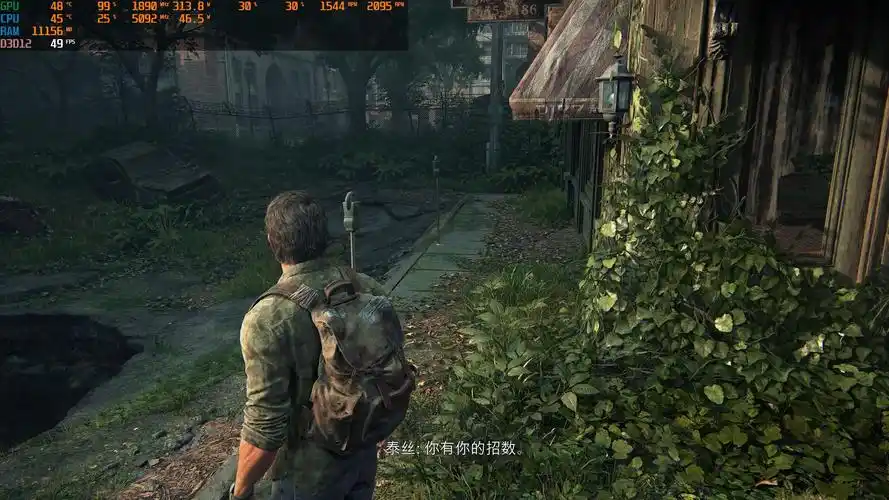Romance Options: Too Many or Too Few?
Introduction
Romance is a fundamental aspect of storytelling, whether in books, films, or video games. The portrayal of romantic relationships can significantly impact audience engagement, character development, and narrative depth. However, creators often face a dilemma: should they offer a wide array of romance options to cater to diverse preferences, or should they limit choices to ensure deeper, more meaningful relationships?
This article explores the advantages and disadvantages of having too many versus too few romance options in media, focusing on video games, literature, and interactive storytelling.
The Case for Many Romance Options
1. Player/Reader Agency and Representation
One of the strongest arguments for multiple romance options is player or reader agency. In role-playing games (RPGs) like Dragon Age or Mass Effect, offering numerous romantic paths allows players to shape their own experiences. This inclusivity ensures that different sexual orientations, personalities, and preferences are represented, making the story more immersive.
- Example: Dragon Age: Inquisition provides romance options for various sexualities, including straight, gay, and bisexual characters, ensuring that players feel seen and validated.
2. Replayability and Exploration
Multiple romance options encourage replayability. Players may return to a game to experience different romantic arcs, uncovering new dialogue, character backstories, and endings.
- Example: Stardew Valley allows players to romance multiple villagers, each with unique personalities and storylines, making each playthrough distinct.
3. Avoiding Forced or Unrealistic Relationships
When only one or two romance options exist, they may feel forced or unnatural. A wider selection ensures that players can choose partners who align with their playstyle or character roleplay.

- Example: In The Witcher 3, Geralt’s relationships with Yennefer and Triss feel organic because they stem from long-standing lore, but some players still wish for more flexibility.
The Downsides of Too Many Romance Options
1. Shallow Character Development
When a story includes dozens of romanceable characters, each relationship may lack depth. Writers have limited time and resources, leading to superficial interactions.
- Example: Some Fire Emblem games feature numerous support conversations, but not all romantic arcs feel equally meaningful.
2. Choice Paralysis
Too many options can overwhelm players, leading to indecision or dissatisfaction. Some may restart games repeatedly, fearing they made the "wrong" romantic choice.
- Example: Persona 5 offers multiple romance options, but players often stress over which choice is "best," detracting from enjoyment.
3. Narrative Inconsistency
If a protagonist can romance anyone, it may break immersion. A hardened warrior suddenly acting like a lovestruck teenager for every possible partner feels unrealistic.
- Example: Skyrim’s marriage system is flexible but lacks depth, making romantic bonds feel transactional rather than emotional.
The Case for Fewer Romance Options
1. Stronger Character Arcs
Limiting romance options allows writers to craft deep, emotionally resonant relationships. Fewer choices mean more screen time for each romantic subplot, leading to better storytelling.
- Example: The Last of Us Part II focuses on Ellie and Dina’s relationship, making their bond feel authentic and impactful.
2. More Meaningful Consequences
When romance is rare, choices carry greater weight. Players must invest time and effort into building relationships, making them feel earned rather than handed out freely.
- Example: In Red Dead Redemption 2, Arthur Morgan’s limited romantic interactions make them feel special and narratively significant.
3. Avoiding Clichés and Fan Service
Too many romances can lead to trope-heavy or fan-service-driven writing. By keeping the number low, creators can avoid shallow, pandering relationships.
- Example: Final Fantasy VII Remake focuses on Cloud’s dynamic with Tifa and Aerith, avoiding unnecessary romantic subplots that could dilute the story.
The Downsides of Too Few Romance Options
1. Lack of Player Freedom
Restrictive romance options can frustrate players who don’t connect with the available choices. If the only romantic interest doesn’t align with their preferences, they may feel excluded.
- Example: Some players disliked Cyberpunk 2077’s limited romance options, as not all lifepaths had equal romantic opportunities.
2. Missed Representation Opportunities
Fewer options may mean less diversity, excluding LGBTQ+ players or those seeking unconventional relationships.
- Example: Older RPGs often forced straight romances, ignoring players who wanted same-sex options.
3. Predictability and Repetition
If a story always follows the same romantic path, it becomes predictable. Players who replay games may grow tired of identical outcomes.
- Example: Linear narratives like Uncharted always pair Nathan Drake with Elena, leaving little room for variation.
Finding the Right Balance
The ideal approach depends on the type of story being told:
- Open-world RPGs benefit from multiple romance options to enhance player freedom.
- Narrative-driven games may prioritize fewer, deeper relationships for emotional impact.
- Hybrid approaches (e.g., Baldur’s Gate 3) strike a balance by offering diverse but well-developed romances.
Developers should consider:
✔ Character depth over quantity
✔ Inclusive representation
✔ Meaningful player choice
Conclusion
The debate between too many and too few romance options ultimately hinges on storytelling goals and audience expectations. While an abundance of choices fosters inclusivity and replayability, it risks shallow writing. Conversely, fewer options allow for richer narratives but may alienate players seeking diversity.
The best solution lies in balance—crafting a selection of well-developed romance options that feel meaningful without overwhelming the player. Whether in games, books, or films, romance should enhance the story, not just serve as a checkbox feature.
What do you think? Are more romance options better, or do you prefer fewer, deeper relationships? Let us know in the comments!
Tags: #RomanceInGames #PlayerChoice #Storytelling #CharacterDevelopment #Gaming #InteractiveFiction #Representation


















